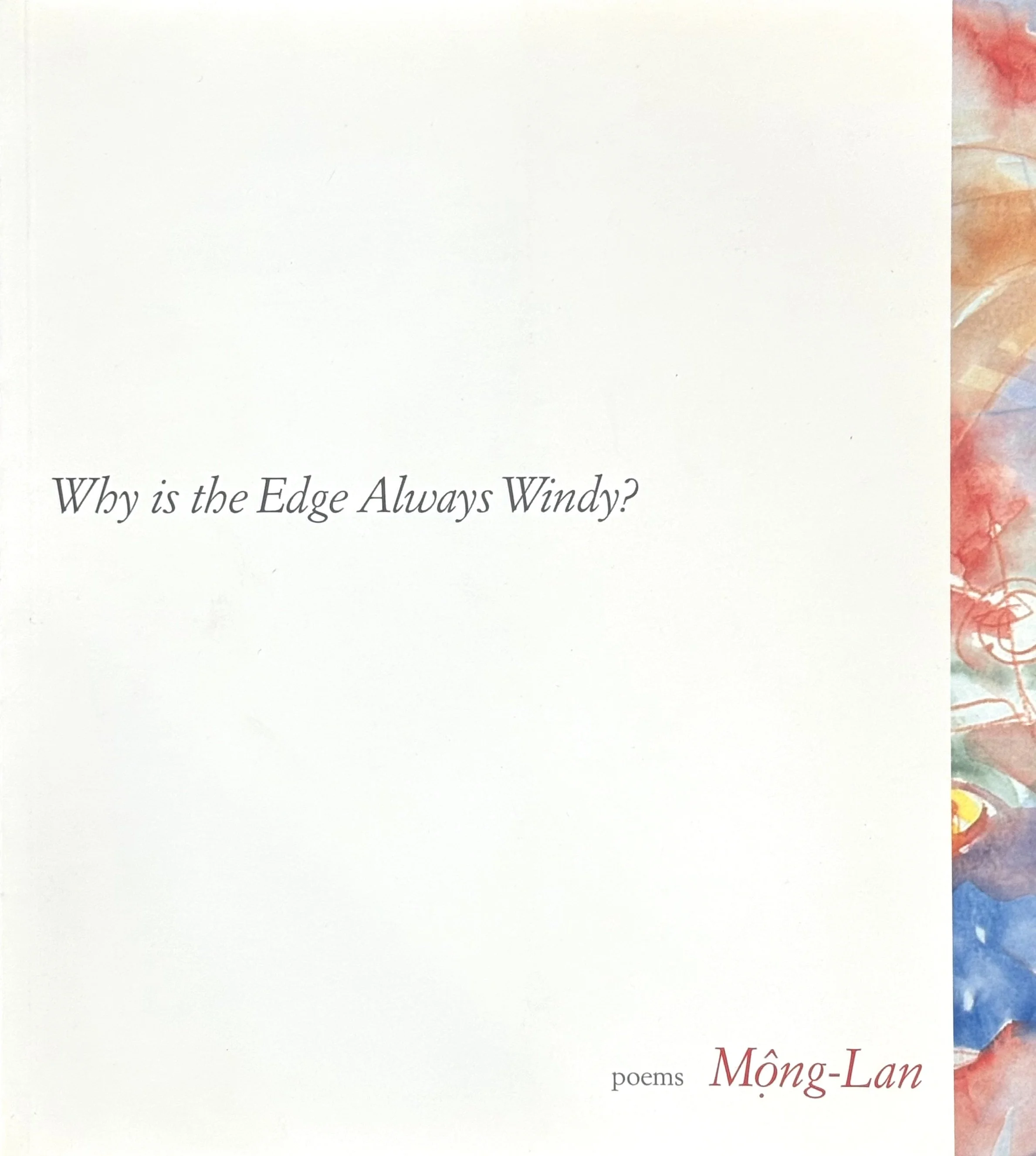About the Author
Brian Barker earned a BA from Virginia Commonwealth University, an MFA from George Mason University, and a PhD from the University of Houston. He is the author of two collections of poetry, and has been published in journals such as Poetry, Indiana Review, Sou’wester, Pleiades, and River Styx.
Barker’s first collection, The Animal Gospels (2006), won the Tupelo Press Editor’s Prize. The Black Ocean (2011), his second collection, won the Crab Orchard Open Competition in 2011. Barker is the recipient of various awards and honors, including two Pushcart nominations, an Academy of American Poets prize, and the 2009 Campbell Corner Poetry Prize.
Barker teaches at the University of Colorado, Denver, where he co-edits Copper Nickel, a journal of art and literature.
Advanced Praise:
Sponsored in part by the National Endowment for the Arts
“…a stunning book that turns our ‘era of exile’ into one of lyric possession, the impulses to lament and to praise whirling together into a bittersweet music… these poems hold the complexity and contradiction of a global world view that spans from Hanoi to New York, from Chiapas to San Francisco, while still striking notes of intimacy and making formally beautiful sense.“
—Alison Hawthorne Deming
North American Review’s Vince Gotera writes beautiful words about Why is The Edge Always Windy:
Mong-Lan’s poetry reminds me of Whitman, especially in “O New York” which addresses 9/11 and its immediate anti-Romantic after-effect, as well as her treatment of war’s aftermath in Viet Nam. She also reminds me of e. e. cummings; lines peppered across a wide page in eloquent visual prosody. Both M-L and e. e. are visual artists who treat their words as a palette of intimate hues painted on a paper canvas. In these poems, the styles of Walt, the good gray poet and e. e. are reused, recreated with a femmin(ist/ine) (land/mind)scape of emotion and sensibility that is all Mong-Lan’s own—bringing together Paris, San Francisco, Ha Noi, Switzerland, and New York in a much-needed global synthesis and symbiosis.
The International Examiner, Vol. 33, No. 8, has a featured review of Why Is The Edge Always Windy?
Why Is The Edge Always Windy? is profiled in the March 4, 2006 issue of The Japan Times.
Format: Paperback
ISBN: 978-1-932195-28-6

